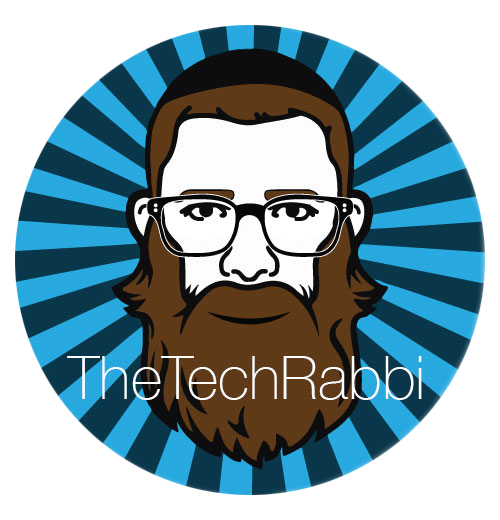Time Machines, Management, & Misuse
Technology is something powerful. The innovative and imaginative experiences that we are able to create today are unlike anything seen in history. Technology by definition gives us the ability to make and modify any object in order to solve a problem, improve an existing solution, or achieve a goal. No one questions the qualitative enhancements of the use of technology, as these results are clear and well documented. Our challenges now are in our ability to achieve these previously inconceivable outcomes in a reasonable period of time.
The iPad gives its user the ability to create powerful visual and audial experiences that push the limits of creativity through their mobile, customizable, and flexible design. Our ability to create, capture, and curate our experiences is no longer bound by a multiple device processes requiring advanced training. In the past, a film, for example, was produced through a process involving video cameras, cables, computers, and software, to achieve a final product capable of visually engaging an audience. This process is now possible through a single device with diverse components giving even the most inexperienced novice the ability to produce engaging and dynamic visual experiences.
The Invisible iPad approach enables the users to use the iPad as a tool to achieve clear learning goals and objectives, vs. focus on using the technology for its own sake. Yet, even “authentic invisibility” can encounter a serious dilemma plaguing many 1st year 1:1 programs or even worse, something that even veteran school cannot avoid, and that is time management.
Time Machines
We have yet to successfully travel back in time, but in the event that it does become possible, it will not be a justified solution for poor planning. Imagine a society that never learns from any of their mistakes because the bending of time will allow for a quick fix. A current trend in education today promotes an "embracing of failure". While failure is part of the learning process, it is not something we are supposed to plan for. As educators and facilitators we need to properly plan our projects. This is not a technology issue, this is a human one.
When we effectively teach our students planning and time management we give them something more than just guidance on a project, we give them a foundational skill set that if lacking will cause them to struggle in "real world" environments where late work isn't accepted and extra credit doesn't exist.
Time Management
Teachers need to keep in mind the following time-related obstacles to meet planned deadlines.
- Plan for tech glitches (This cannot be stressed enough- YES! Google Drive is going to fail to upload videos the day its due)
- Students are going to loose their work, just like they lost it before the iPad. (They need to back up projects at specific benchmarks during the project)
- Students are going to come up with an awesome and creative solution to their project goal three days before the deadline, and it's going to take twice as long as the original project idea. Students need to be taught how to prioritize, plan, and also to save "good ideas" for another project.
- School events, and special programing. If you have 8 out of 14 students on the basketball team, or 2 special events that run during your period, do not plan a project due date that doesn't account for the lose of class time.
Outside of planning and management, there is one philosophical approach that we cannot waver on and this is that
In the real world, innovation is does not justify or even make up for missed deadlines.
Misuse of Time
The misuse of time is another "non-technology" challenge, and it is important to help students differentiate between the misuse of time and exploratory learning. This exploratory process is important for any type learning, to see how to excel in using a tool or process as well as to discover new ways to use them. However, this can lead to a misuse of time that will be challenging to make up and still meet project deadlines.
This is a work in progress for all parties involved. Administrators need to embrace and support the innovative and experimental approaches of their teachers. Teachers need to help facilitate 21st century skills built on planning and time management, and students need to continue blowing our minds with their amazing imaginations and significant learning experiences.
